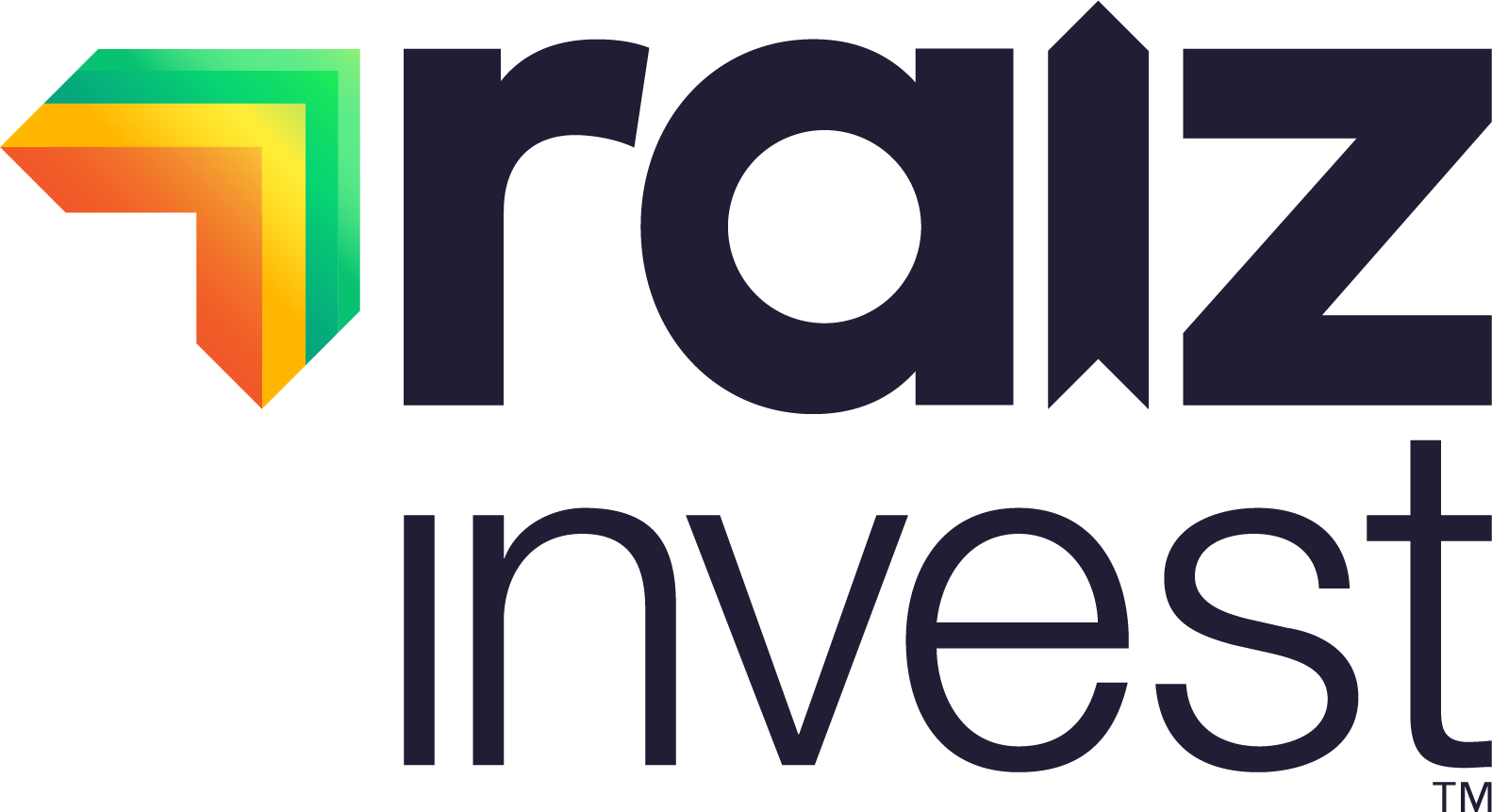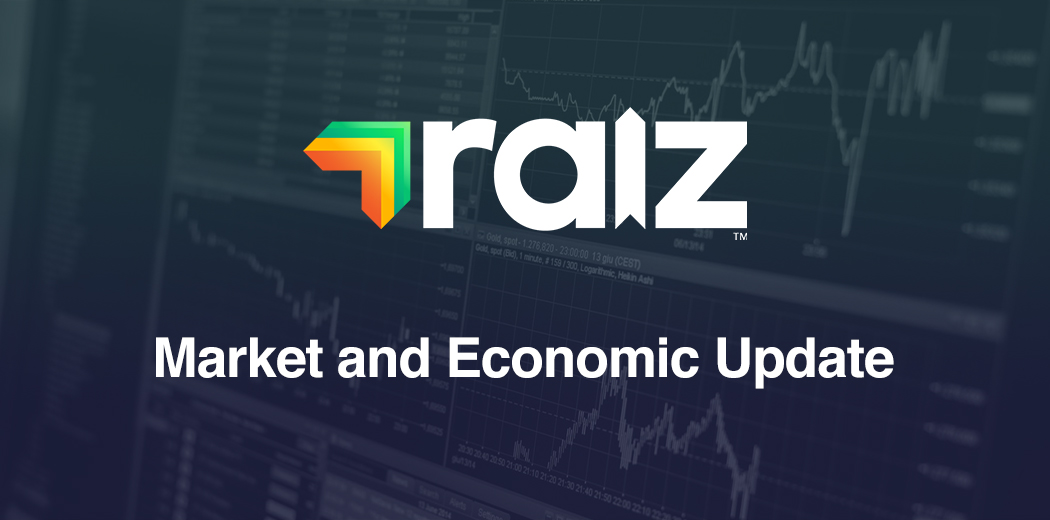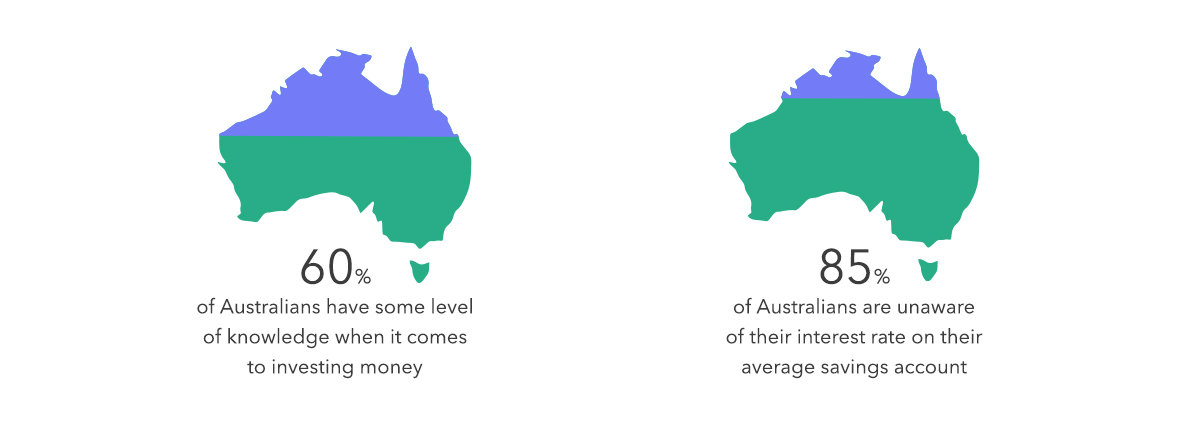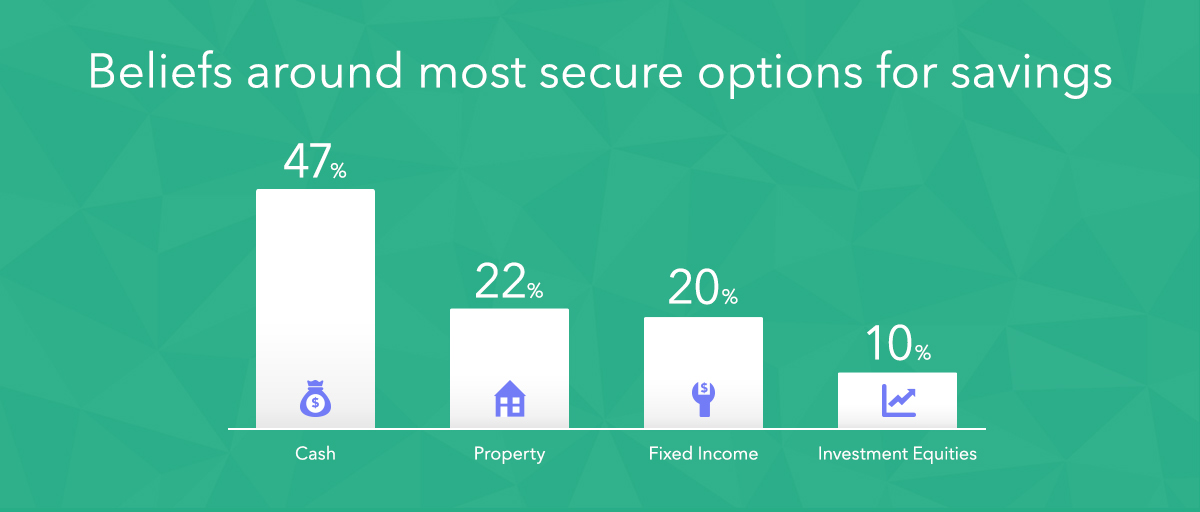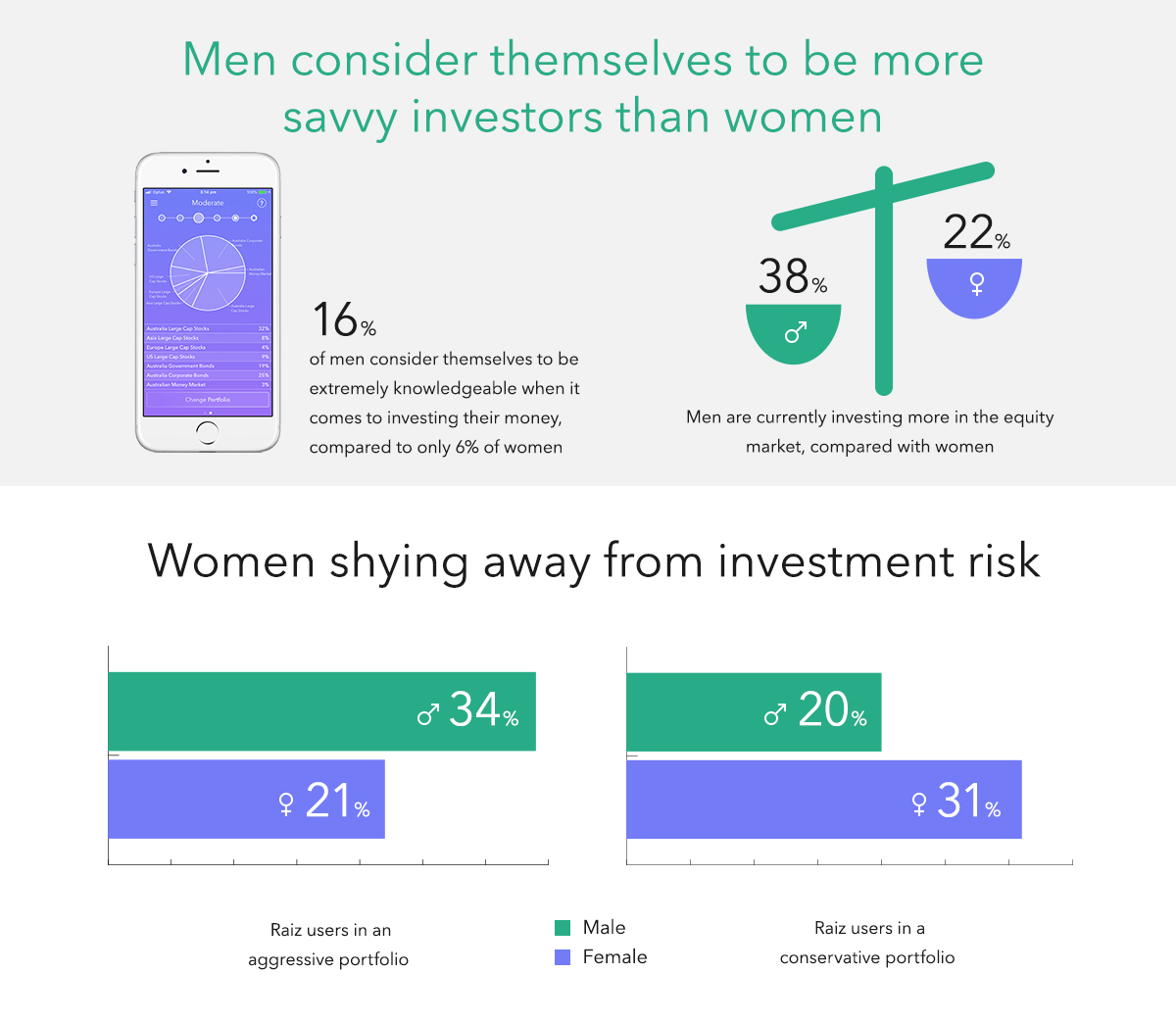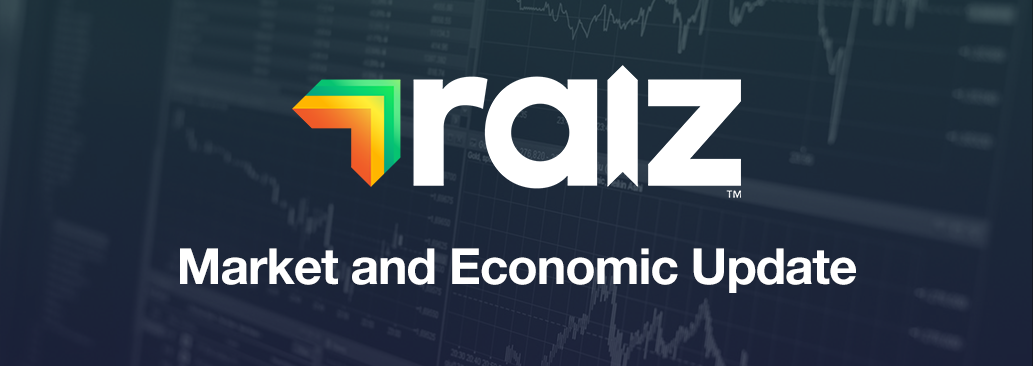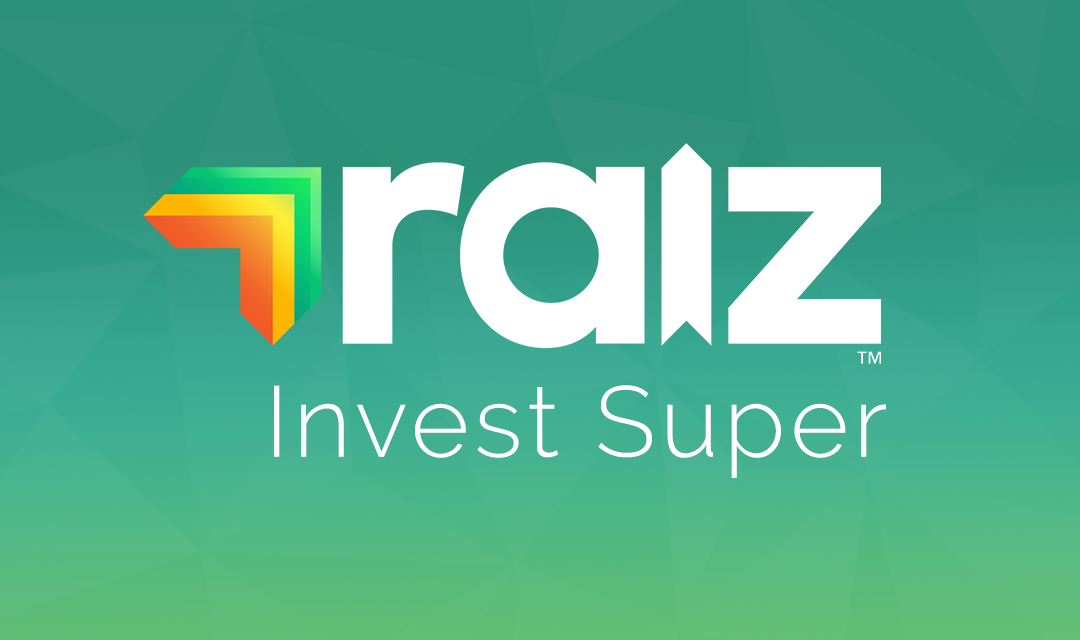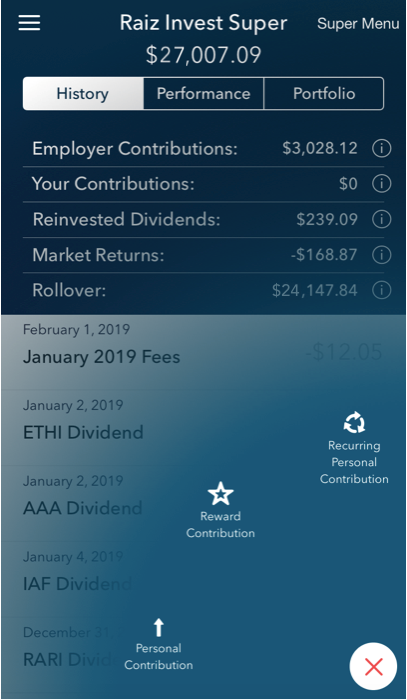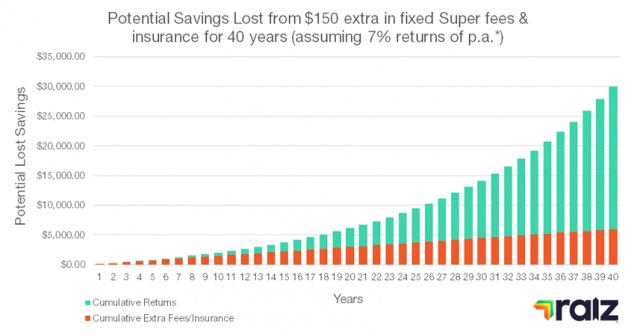Building a positive relationship with your finances is a worthy investment that can both maintain and improve your financial well-being.
These are our four tips to help build a positive relationship with your finances:
Spend what is left after saving
“Do not save what is left after spending, but spend what is left after saving” – Warren Buffett.
When you get your pay check, many people make the mistake of spending first, and then saving what is left over. The problem with this is that it doesn’t guarantee any savings; your savings become dependent on how much you spend each month (and often in a rather unplanned fashion).
A better strategy is to pay yourself first by setting aside a fixed percentage of your income towards saving and investing, and then spending with what is left over.
Automation is your friend here, which can whisk the money straight out of your spending account before you have a chance to spend it. Setting up a recurring deposit to your Raiz account is one way to do this.
Monitor your cash flow
A fancy term for budgeting, managing your cash flow provides answers to how much you are spending, where you are spending, and if you’re on track to reach your financial goals. The ‘My Finance’ feature within the Raiz app is a good tool to start tracking your expenses.
Once you know how much you are spending and where, you can begin to build a basic budget and cut down on unnecessary expenses to maximise your savings. See our post ‘How to: budget in 2019’.
Build an emergency fund
An emergency fund, or savings safety net, is money set aside to help cover the costs of any urgent or unexpected expenses – something like your car braking down. Having an emergency fund provides you with peace of mind that you can deal with any bumps along the road.
How much money should you put into your emergency fund? It really depends on your own financial situation. Reasons such as having low confidence in your job security or being in poor health can be factors to take into account when considering the size of your fund. Whatever your goal is, the trick to getting started is to start small and save regularly.
Utilise the power of compound interest
The power of compound interest enables your money to grow at a faster rate as you accumulate interest on your interest. For example, a 10% return on 100 dollars nets you $10 in the first year, taking your balance to $110. In the second year, this same 10% return now pays you $11 in interest. Over the long-term this compounding effect can significantly boost your savings and investments.
If you invest just $5 a day into an investment account like Raiz, assuming returns of 7% per annum, after 20 years your investment will have grown to be worth $74,817, with a return of $38,317*. The earlier you get started, the more time you have to take advantage of compounding.
Don’t have the Raiz App?
Download it for free in the App store or the Webapp below:
Important Information
The information on this website is general advice only. This means it does not take into account any person’s particular investment objectives, financial situation or investment needs. If you are an investor, you should consult your licensed adviser before acting on any information contained in this article to fully understand the benefits and risk associated with the product.
A Product Disclosure Statement for Raiz Invest and/or Raiz Invest Super are available on the Raiz Invest website and App. A person must read and consider the Product Disclosure Statement in deciding whether, or not, to acquire and continue to hold interests in the product. The risks of investing in this product are fully set out in the Product Disclosure Statement and include the risks that would ordinarily apply to investing.
The information may be based on assumptions or market conditions which change without notice. This could impact the accuracy of the information.
Under no circumstances is the information to be used by, or presented to, a person for the purposes of deciding about investing in Raiz Invest or Raiz Invest Super.
Past return performance of the Raiz products should not be relied on for making a decision to invest in a Raiz product and is not a good predictor of future performance.
*Return estimated for the sake of simplicity as past performance is no indication of future performance – see ASICS managed funds fee calculator to get an estimate on how fees and costs can affect your investment. Return estimate is net of MER. The value is a future value, not a present value.
